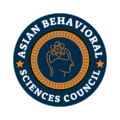Asian Behavioral Sciences Council
VISION
To be a leading organization fostering innovative research and practice in behavioral sciences across Asia, promoting understanding, collaboration, and application of behavioral insights to enhance individual and community well-being.
MISSION
The Asian Behavioral Sciences Council is dedicated to advancing the field of behavioral sciences through research, education, and advocacy. We aim to support professionals and organizations in implementing evidence-based practices that address social and cultural dynamics unique to Asian contexts.
ROLE OF ASIAN BEHAVIORAL SCIENCES COUNCIL
The Asian Behavioral Sciences Council plays a pivotal role in the professional development of individuals across various disciplines, including Anthropology, Criminology, Economics, Education, Organizational Behavior, Political Science, and Psychology. By offering certification programs tailored to these fields, the council aims to enhance the competency and credibility of practitioners, researchers, and educators, ensuring they are equipped to address the unique challenges and opportunities within the Asian context.
KEY FUNCTIONS OF CERTIFICATION PROGRAMS
1. Standardization of Knowledge and Skills: The ABSC’s certification programs establish clear standards for knowledge and skills in each discipline. This helps ensure that professionals are not only knowledgeable about their fields but also adept at applying their expertise effectively in diverse settings.
2. Recognition and Credibility: Certification from the ABSC provides individuals with recognized credentials that enhance their professional profiles. This recognition fosters trust among employers, clients, and communities, facilitating career advancement and opportunities.
3. Cultural Competence: The council’s programs are designed with an emphasis on cultural context, ensuring that practitioners understand the specific social, cultural, and economic factors that influence behavior in Asian societies. This focus on cultural competence is crucial for effective practice in fields like Anthropology, Psychology, and Education.
4. Interdisciplinary Approach: By offering certification across multiple disciplines, the ABSC encourages an interdisciplinary approach to behavioral sciences. This allows professionals to collaborate across fields, leading to more comprehensive solutions to complex societal issues.
5. Professional Development: The certification programs include ongoing education components, such as workshops, seminars, and online courses, enabling professionals to stay updated on the latest research, methodologies, and best practices within their respective fields.
6. Networking Opportunities: Participants in the certification programs gain access to a broader network of professionals, fostering collaboration and knowledge sharing. This networking is essential for building partnerships and exploring innovative approaches to behavioral challenges.
7. Contribution to Policy and Practice: Certified professionals are better equipped to contribute to policy development and implementation in their respective fields. Their enhanced skills and knowledge allow them to advocate for evidence-based practices that can influence positive change in communities.
SPECIALTY DIVISIONS
Anthropology Council

The Anthropology Council is a specialized division focused on the study of human societies, cultures, and their development across Asia. The council aims to bridge the gap between anthropological research and practical applications to enhance understanding and address the diverse cultural and social issues in the region.
Criminology Council
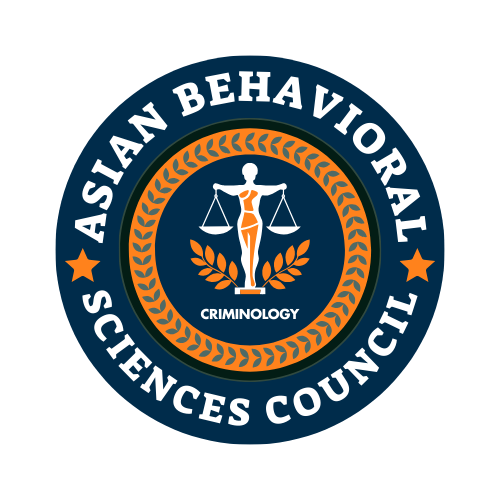
The Criminology Council is a specialized division dedicated to the study and application of criminology to understand crime, criminal behavior, and the justice system across Asia. The council aims to enhance public safety, promote justice, and reduce crime through research, education, policy advocacy, and community engagement.
Economics Council
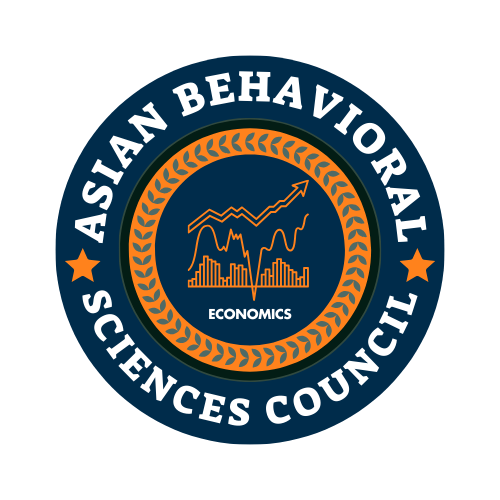
The Economics Council is a specialized division focused on the study and application of economic principles to understand and address economic issues across Asia. The council aims to enhance economic well-being, promote sustainable development, and reduce economic disparities through research, education, policy advocacy, and community engagement.
Education Council
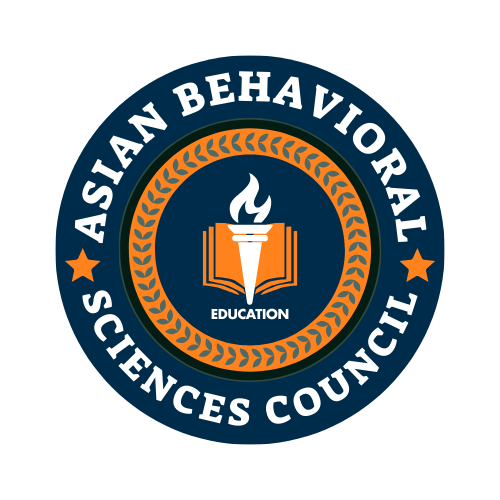
The Education Council is a specialized division dedicated to the study and enhancement of educational practices and policies across Asia. The council aims to improve educational outcomes, promote equitable access to quality education, and address the diverse educational needs of Asian societies through research, professional development, policy advocacy, and community engagement.
Organizational Behavior Council

The Organizational Behavior Council is a specialized division focused on the study and application of organizational behavior principles to improve workplace dynamics, enhance employee well-being, and boost organizational performance across Asia. The council aims to foster a deeper understanding of human behavior in organizational settings through research, professional development, policy advocacy, and community engagement.
Political Science Council
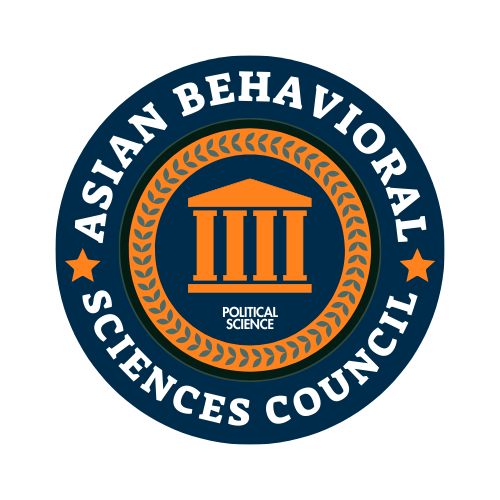
The Political Science Council is a specialized division that is dedicated to the study and application of political science principles to understand and address political issues and dynamics across Asia. The council aims to promote democratic governance, political stability, and effective policy-making through research, education, policy advocacy, and community engagement.
Psychology Council

The Psychology Council is a specialized division within the Asian Behavioral Sciences Council (ABSC) focused on the study and application of psychological principles to understand and address mental health and behavioral issues across Asia. The council aims to promote mental well-being, advance psychological research, and enhance the practice of psychology through education, policy advocacy, and community engagement.
